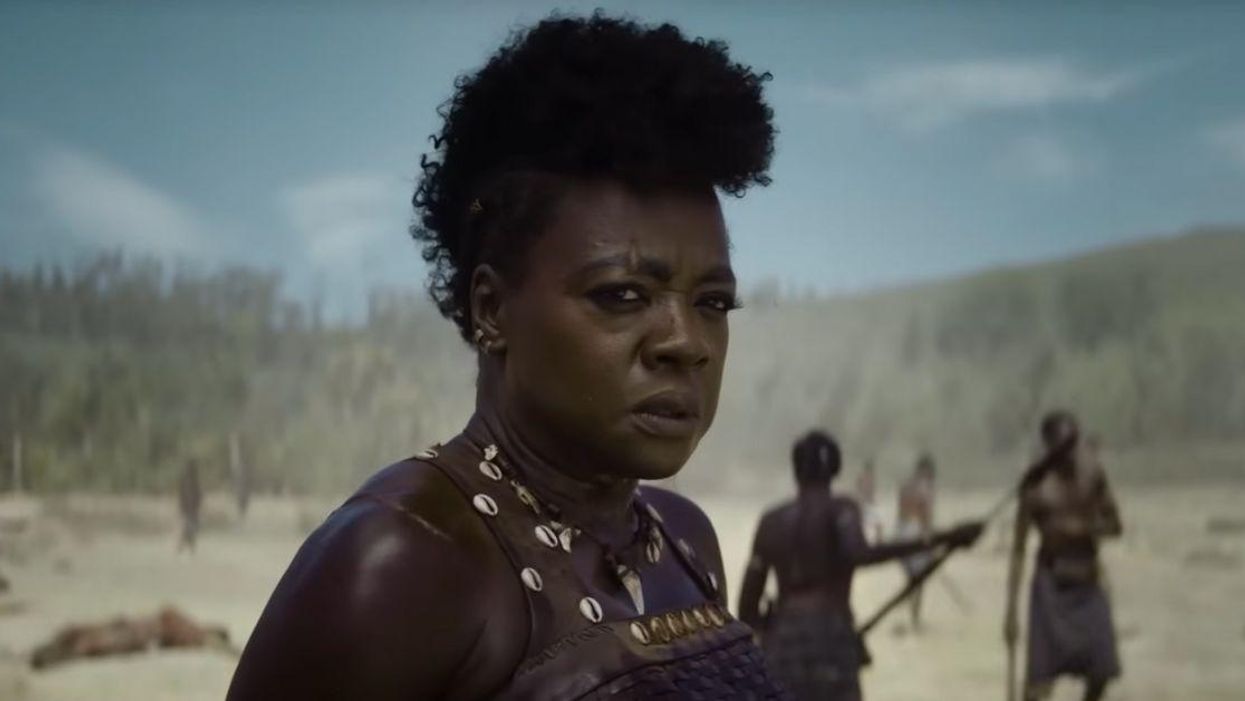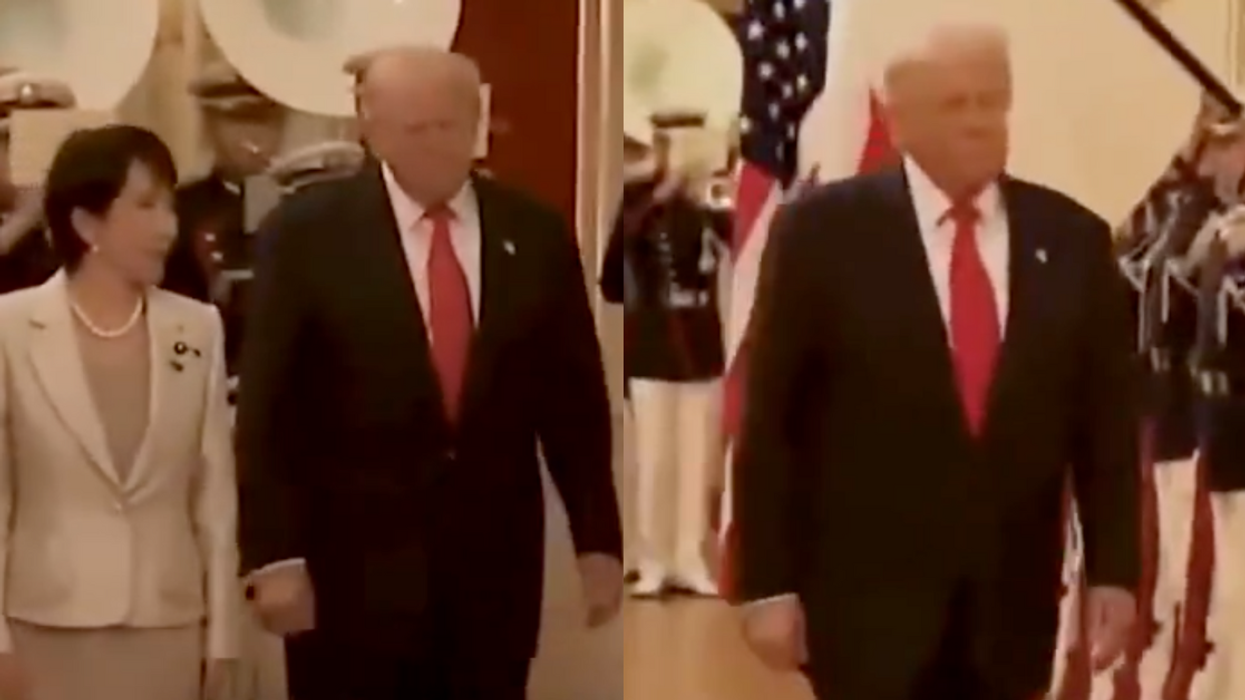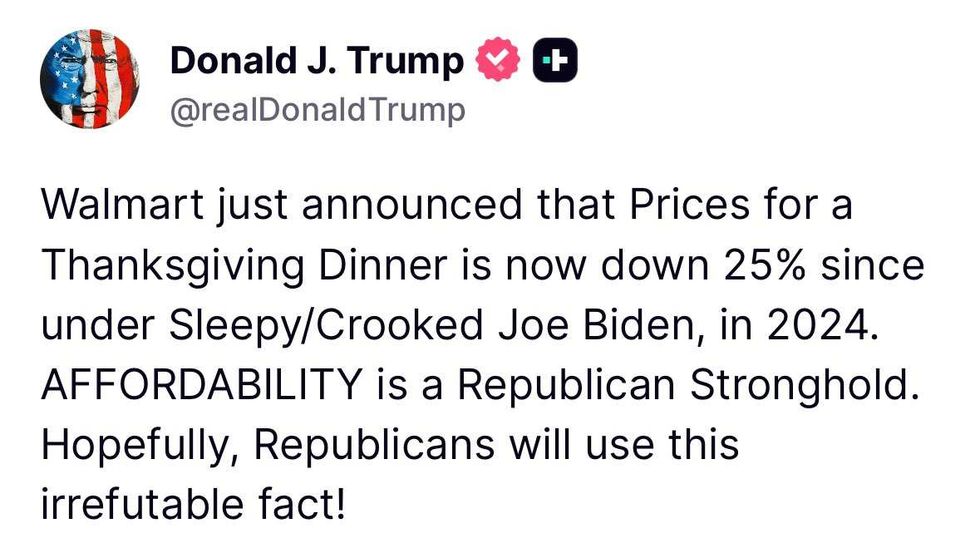The Woman King, a historical action film starring Academy Award-winning actress Viola Davis as a Dahomey general who leads an army of female warriors opened to rave reviews this weekend.
However, in spite of an A+ CinemaScore from audiences, the action-packed film featuring an empowering cast of Black women as the Agojie tribe was mired in controversy for historical inaccuracies.
Detractors argued The Woman King omitted mention or reference to the Dahomey kingdom’s historical involvement in the transatlantic slave trade.
The West African kingdom located within present-day Benin became known to Europeans as a major supplier of slaves.
As Dahomey grew in tandem with the Atlantic slave trade during the 18th and 19th centuries, the militaristic Kingdom sold men, women and children captured during raids against neighboring societies in exchange for European goods such as rifles, gunpowder, and alcohol.
Twitter user @Brandyspeaks1–a self-ascribed "socialpreneur" and writer–called the film out for ignoring this part of Dahomey's history.
She wrote:
"I am not telling you to #BoycottWomanKing but I am telling you to do your research on the Dahomey Tribe."
"If then, you decide to watch it, so be it. But being willfully ignorant of the destruction caused by their involvement in the Slave Trade isn't the flex Hollywood thinks it is."
\u201cI am not telling you to #BoycottWomanKing but I am telling you to do your research on the Dahomey Tribe. If then, you decide to watch it, so be it. But being willfully ignorant of the destruction caused by their involvement in the Slave Trade isn't the flex Hollywood thinks it is\u201d— brandywitha_y (@brandywitha_y) 1663353300
\u201c@Brandyspeaks1 Unfortunately a lot of tribes sold their own people. I'm appalled by how many people didn't know this. At least this movie has started the conversation at the minimum\u201d— brandywitha_y (@brandywitha_y) 1663353300
The movie's backlash also brought to life its troubled backstory, including the initial departure of actress Lupita Nyong'o from a key role in the film.
In preparation for the film, the Black Panther star visited Benin and filmed a documentary about the Agojie.
Many suspected she quit The Woman King after learning more about the Agojie’s role in the slave trade.
\u201cLupita Nyong'o reacting to the HORROR of the Dahomey's African Slave Trading history. After this, Lupita LEFT #TheWomanKing movie. #BoycottWomanKing #BOYCOTTTHEWOMANKING\u201d— Nas (@Nas) 1663443543
While the historical inaccuracies in the film are seen as an ethical problem in Hollywood, the film is being defended by fans as an important step for strong Black female representation in a commercial film.
They argued such period dramas were meant to entertain audiences rather than to teach them a history lesson.
\u201cBlack Women, please do yourself a favor and go see The Woman King. It is the movie you've ALWAYS deserved. \n\nMay life begin to imitate our art and history.\u201d— TIE The Oracle \ud83e\udd8b\ud83d\udd2e\ud83d\udcab\ud83d\udca1 (@TIE The Oracle \ud83e\udd8b\ud83d\udd2e\ud83d\udcab\ud83d\udca1) 1663385394
\u201cSo The Woman King just makes up a completely alternative history while claiming to be historically accurate? https://t.co/bw1STqz3B4\u201d— Zaid Jilani (@Zaid Jilani) 1663341288
\u201cIf you\u2019re a Black American that cares about your ancestors #BoycottTheWomanKing \n\nI don\u2019t know @violadavis\u2019s motives for going through with such dishonest and shameful movie but #TheWomanKing let it flop \n\nThe Dahomey fought to uphold slavery in Africa, just like the Confederacy\u201d— TBMW (@TBMW) 1663503617
\u201cOn one hand this actress says #TheWomanKing is historical, it's real but when promoting this movie they never discuss the REAL history that the Dahomey were African Slave Traders. This movie does not sit right with my soul. #BoycottWomanKing\u201d— Nas (@Nas) 1663359873
\u201cWhen I saw "The Woman King" trailer and press for the film, I already knew what time it was. It's nothing but more Hollyweird re-writing African history while pushing more feminist, beta male coward propaganda. I have ZERO interest in supporting such a film.\n#BoycottWomanKing\u201d— Nicole's View \ud83c\uddfa\ud83c\uddf2 (@Nicole's View \ud83c\uddfa\ud83c\uddf2) 1663392540
In response to the backlash online, director Gina Prince-Bythewood told Indiewire:
“I learned early on you cannot win an argument on Twitter. And I know all of that is going to go away once they see the film.”
Producer Cathy Schulman also weighed in, defending the African perspective of the historical period.
“I’m a big believer that information is power," she said, adding, "I think that understanding issues surrounding slavery from the standpoint of the African perspective is relevant."
"We look at it most of the time from what happened once these people were enslaved and were actually landing here in America versus what was going on on the other side.”
The controversy hasn't deterred the movie from sweeping the domestic box office.
It came in ahead of expectations, earning $19 million over the opening weekend.















 @realDonaldTrump/Truth Social
@realDonaldTrump/Truth Social

 breast cancer GIF by Baptist Health South Florida
breast cancer GIF by Baptist Health South Florida  Teddy Bear Doctor GIF
Teddy Bear Doctor GIF  feeling neck skin GIF
feeling neck skin GIF  praying GIF
praying GIF